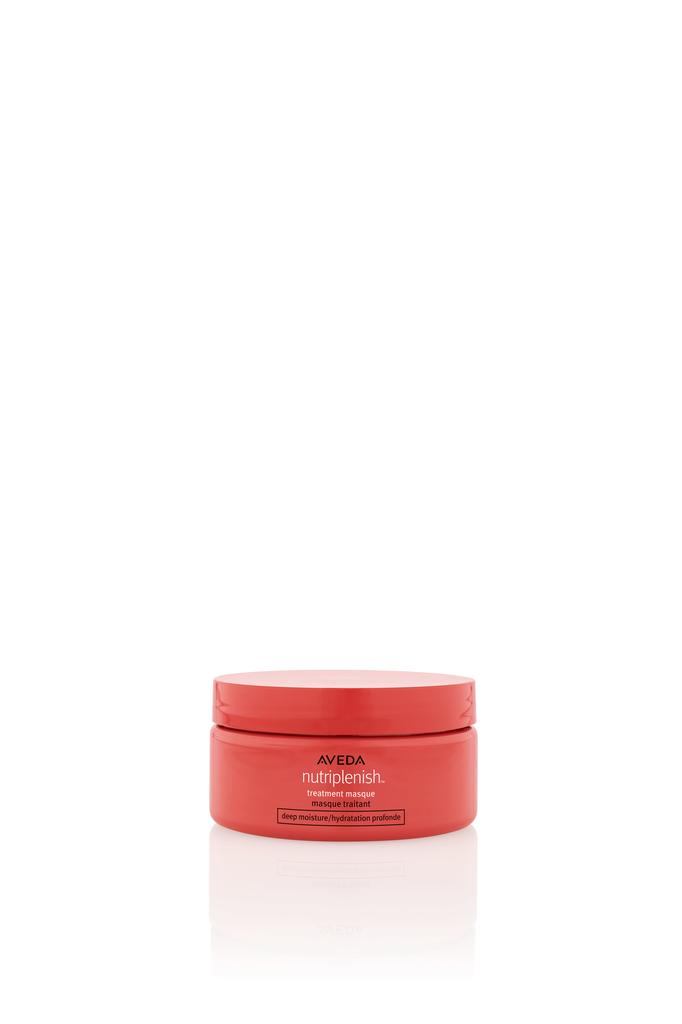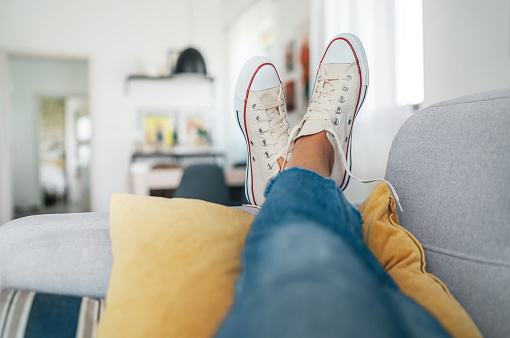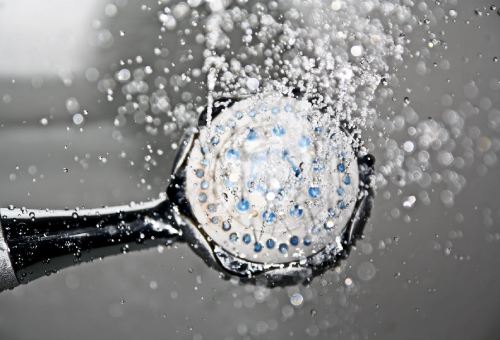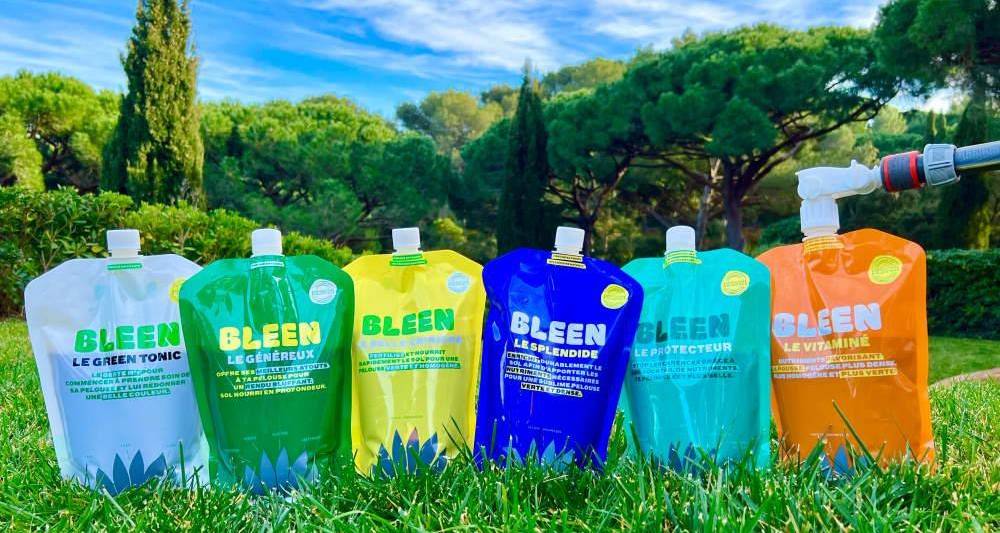Telva How does the cold affect the hair? You will be surprised to know the answer
Hair
The cold affects the hair. But don't worry... in summer our hair suffers much more. The key: wear a hat, moisturizing masks, be careful with the dryer at high temperatures and too hot water in the shower. Here the keys explained by a dermatologist.
Believe it or not, hair needs specific care depending on the time of year. Just as in summer the sun, the heat, the sea water and the chlorine from the swimming pools dehydrate it, in winter it also suffers the consequences of the drop in temperature. We spoke with Dr. Claudia Bernárdez, trichologist dermatologist, to discover what they are:
1. SCALP
"If we don't protect the scalp, blood flow can decrease due to vasoconstriction, worsening dermatitis. In addition, the fat glands are also working at half power." To avoid this, wear a hat whenever you can, especially when temperatures drop below zero degrees.
2. An extra hydration
Hair masks, conditioners, nourishing shampoos... "Don't forget moisturizing care. In winter there are characteristic temperature and dryness conditions that we must control if we don't want them to control the appearance of our hair", explains the doctor. "It enhances preventive treatments, such as anti-seborrheic dermatitis shampoos or for sensitive scalps." Use products that contain moisturizing ingredients, "such as olive, argan or coconut oil, keratin or aloe vera," recommends Claudia Bernárdez.
3. Be careful with the dryer...

Always use heat protectants before using heat tools. And be careful with the temperature of the dryers. In winter we wash more with hot water, but "this is not a problem unless we have dermatitis. The hair fiber is not affected by hot water," explains the dermatologist.
Is it better to air dry or blow dry? Here the dilemma. "Wet hair is more fragile and if you comb it wet or brush it you can break the hair fiber more easily. In winter you have to use a dryer at a medium temperature, not too hot, and with a distance from the hair. But it is important to remove all the moisture The longer the hair is wet, the more risks," warns the doctor.









3948